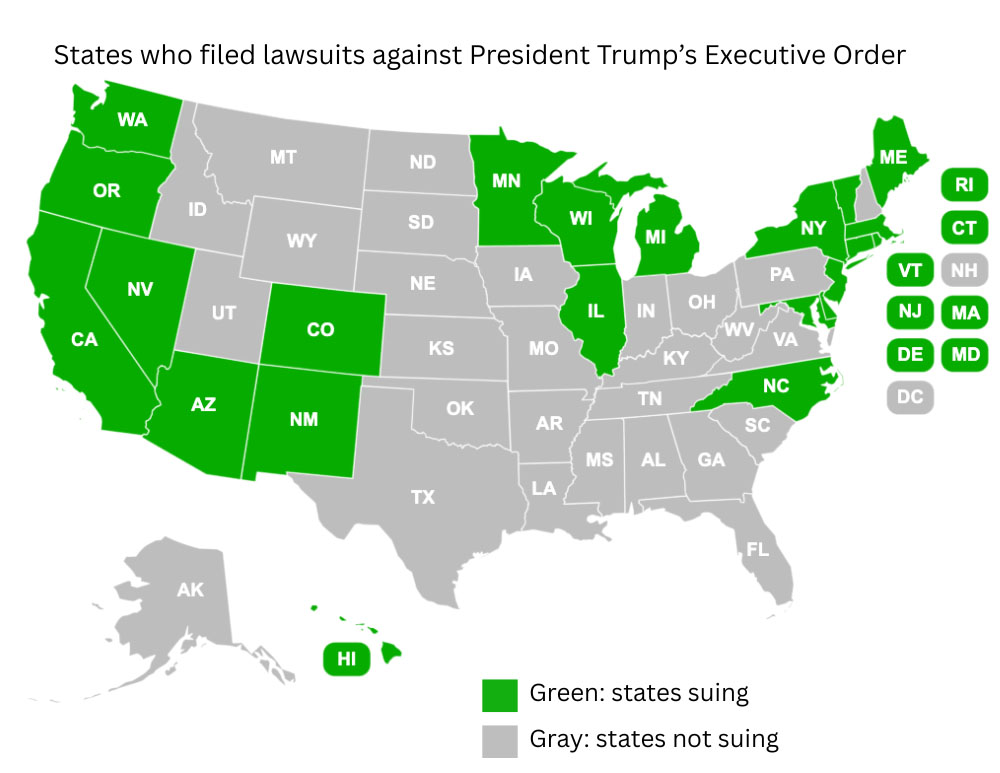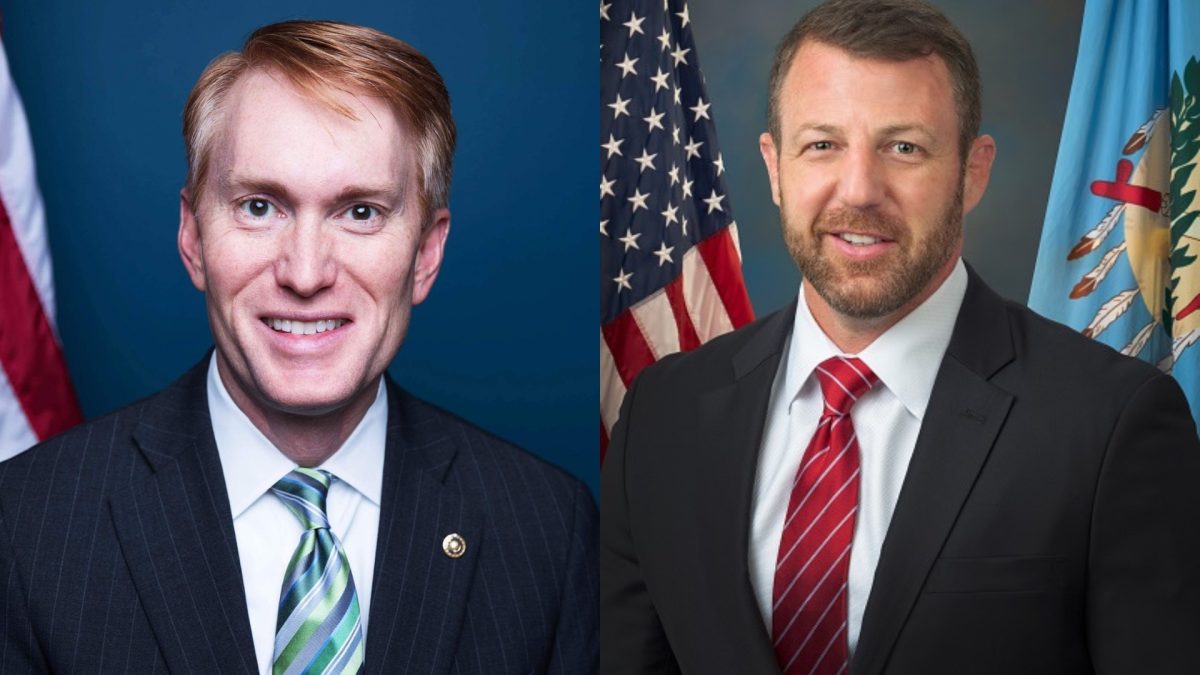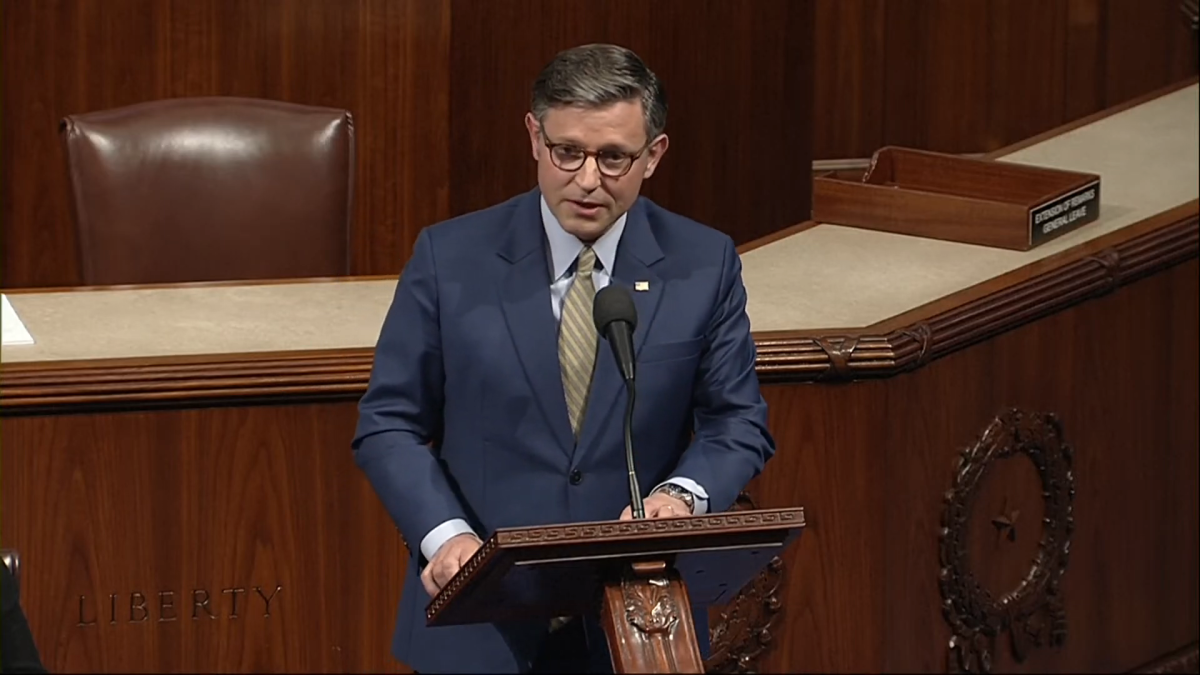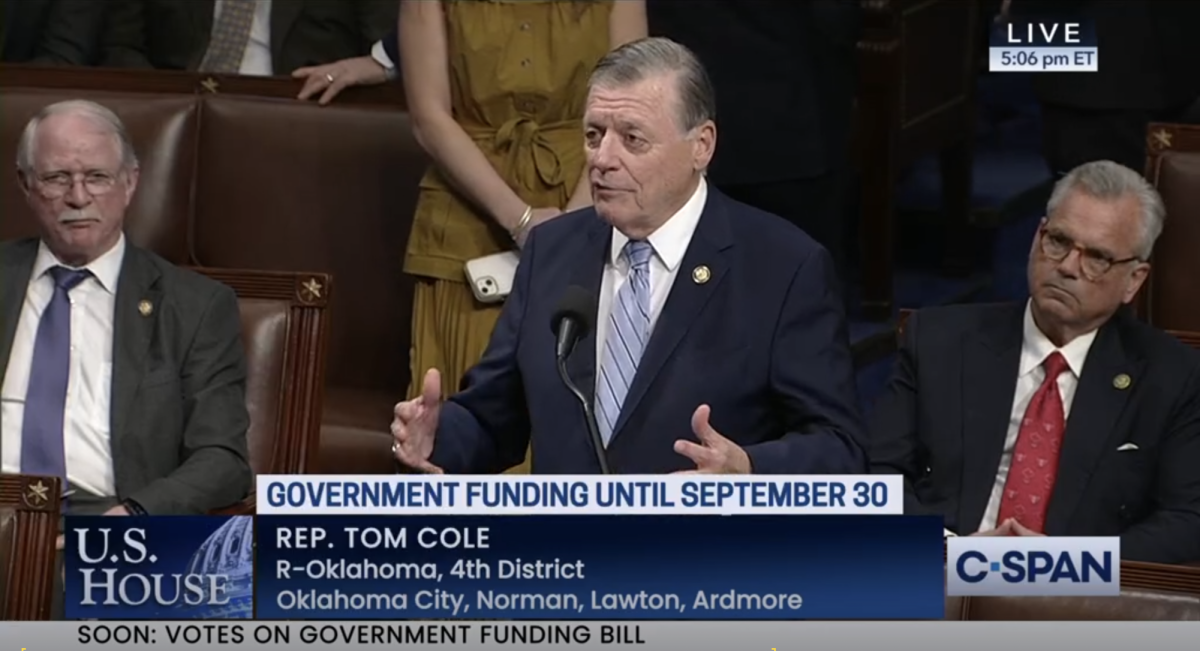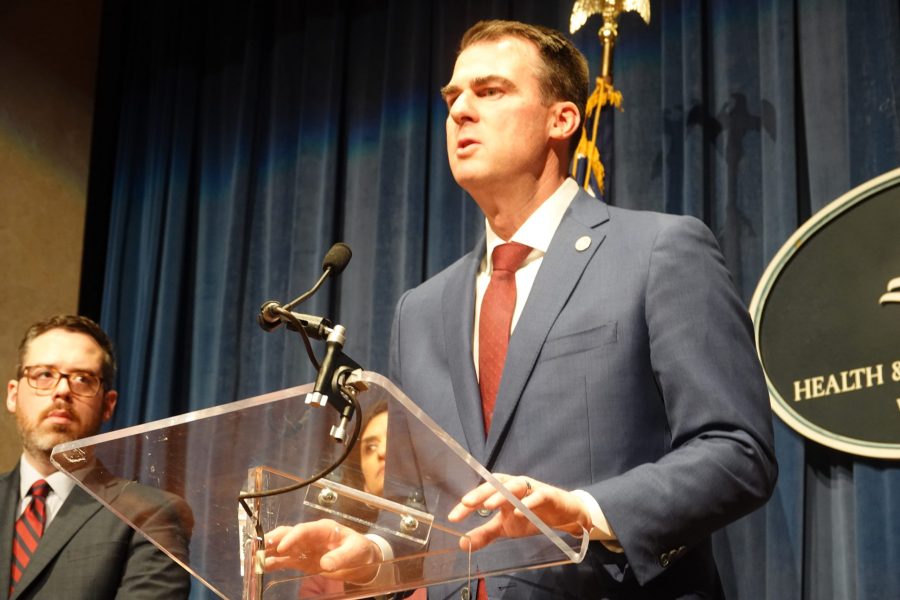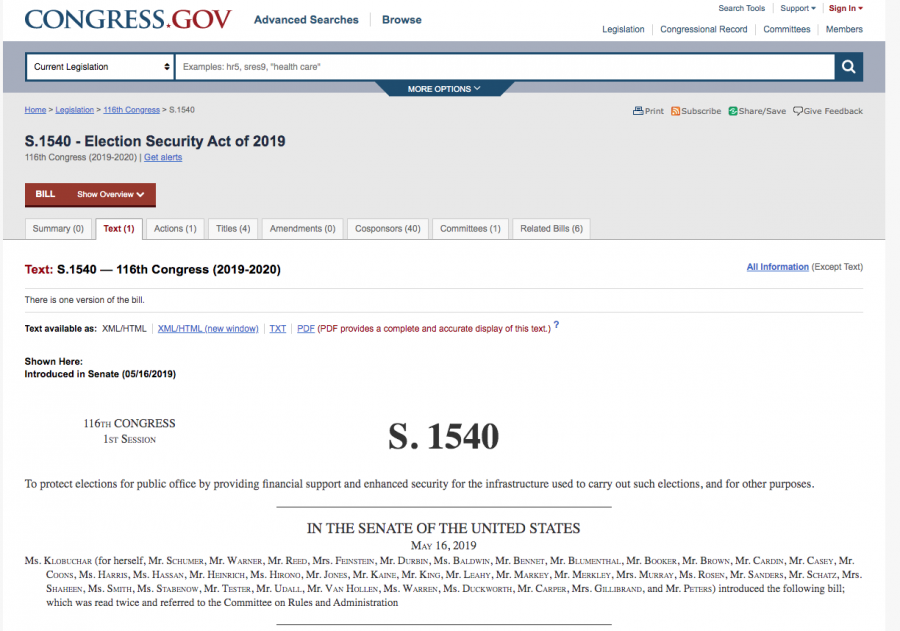WASHINGTON — Issues of national and foreign security dominated the agenda for members of Congress this week.
Here’s a rundown of what’s happening in Washington:
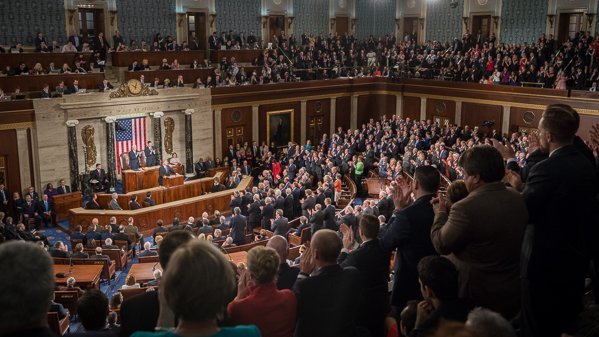
Senate vote on emergency declaration splits Republicans
Sens. Jim Inhofe (R-Okla.) and James Lankford (R-Okla.) remained loyal to President Trump on Thursday by voting against a resolution to block Trump’s national emergency declaration, each citing the need for strong border security.
The bill, which passed 59-41, garnered support from a dozen other Republicans who said the president’s grab for money to build a wall exceeded his executive powers and could set a dangerous precedent. Inhofe disagreed.
“Presidents have the authority to declare an emergency in times of crisis,” Inhofe said in a statement. “The President is well within his rights to address the ongoing emergency situation we face when Democrats refuse to protect Americans for political reasons.”
Lankford, who remained undecided about his vote until early this week, said in a statement that the vote came down to two questions.
“Is there an emergency, and, if so, is there statutory authority for the President to act?” Lankford said. “I believe the answer to both questions is, ‘yes’ … ”
Trump vetoed the bill on Friday, and on Twitter thanked the “strong Republicans” who stood with him in supporting the wall.

Senate passes resolution to end U.S. support for war in Yemen
The Senate voted 54-46 Wednesday on a resolution directing the removal of U.S. Armed Forces from “hostilities” in Yemen, where the U.S. is supporting a Saudi Arabian-led coalition.
Inhofe and Lankford both opposed the resolution brought forward by Sens. Bernie Sanders (I-Vt.) and Mike Lee (R-Utah). Sanders said in a statement that Saudi Arabia is “causing the worst humanitarian disaster on the planet,” and the Senate showed the world it would no longer support them.
“Just as importantly, what the Senate did today in a bipartisan way is to reassert the constitutional authority of the United States Congress on issues of war,” Sanders said.
Inhofe, chairman of the Senate Armed Services Committee, called the resolution “fundamentally flawed,” adding that it would hurt U.S. allies in the Middle East.
“The United States is not engaged in ‘hostilities’ against the Houthis in Yemen, but we do provide vital security cooperation and intelligence support to the Saudi-led coalition,” Inhofe said in a statement. “These operations are key to bolstering international peace efforts and improving the humanitarian situation in Yemen. Part of that support helps construct no-strike lists that keep humanitarian workers safe.”
The Senate voted 52-48 to table an amendment to the resolution proposed by Inhofe that would have created an exception for support of efforts to defend against ballistic missiles, cruise missiles and unmanned aerial vehicles in civilian centers in coalition countries.
The Senate passed a similar resolution in December, but it was not taken up in the then-Republican led House. The resolution is expected to be taken up and passed in the House, but the president has already threatened to veto it.

House votes to make Mueller report public
A resolution expressing Congress’ desire that Special Counsel Robert Mueller’s report on Russian meddling in the 2016 election be made public easily sailed through the House on Thursday with 420 votes but was blocked hours later in the Senate.
All five Oklahoma House members voted in favor of the resolution.
“The Mueller investigation has been nothing more than a colossal waste of time & money,” Rep. Kevin Hern tweeted. “Nevertheless, the American people deserve to see the results in its entirety.”
Sen. Lindsey Graham (R-S.C.) blocked a vote on the same measure in the Senate.
Congress will be on recess next week, and no votes will be held.

